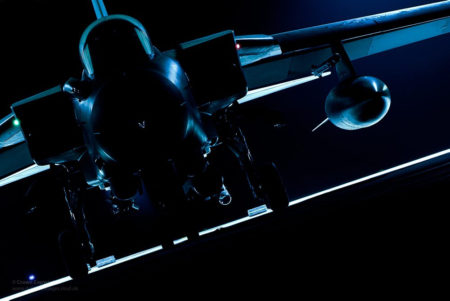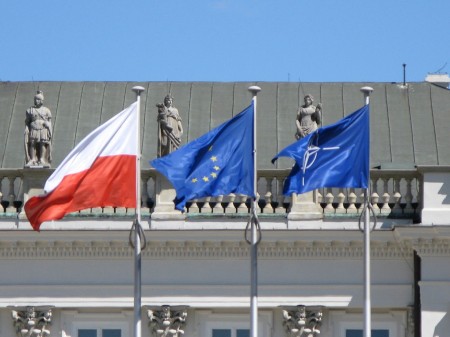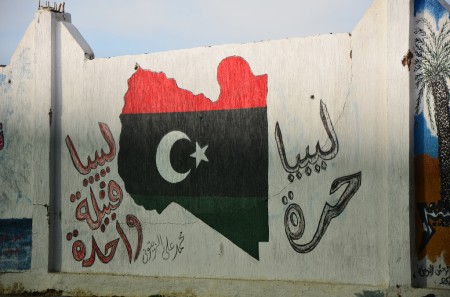
This article was originally published by Carnegie Europe on 15 September 2016.
Since Britain voted on June 23 to leave the EU, it seems everyone has an idea for strengthening European defense. The cacophony of calls in the last month alone has included an Italian proposal for a “Schengen of defense,” a reference to the EU’s passport-free travel zone; a Visegrád Four appeal from the Czech Republic, Hungary, Poland, and Slovakia for a “European army”; and a Weimar triangle declaration from France, Germany, and Poland on the need for more effective EU security and defense policies.
Ahead of an informal summit of EU heads of state and government (minus the UK) in Bratislava on September 16, the French and German defense ministers have prepared a paper containing a number of concrete ideas for deeper military cooperation—building on an earlier post-Brexit initiative by their foreign ministers for a “European Security Compact.”
Not to be outdone, EU leaders in Brussels have also joined the chorus. Federica Mogherini, the EU foreign policy chief, has said that she will produce a security and defense plan by the end of 2016, a follow-on document to her broader global strategy for EU foreign and security policies, which was published in June.



